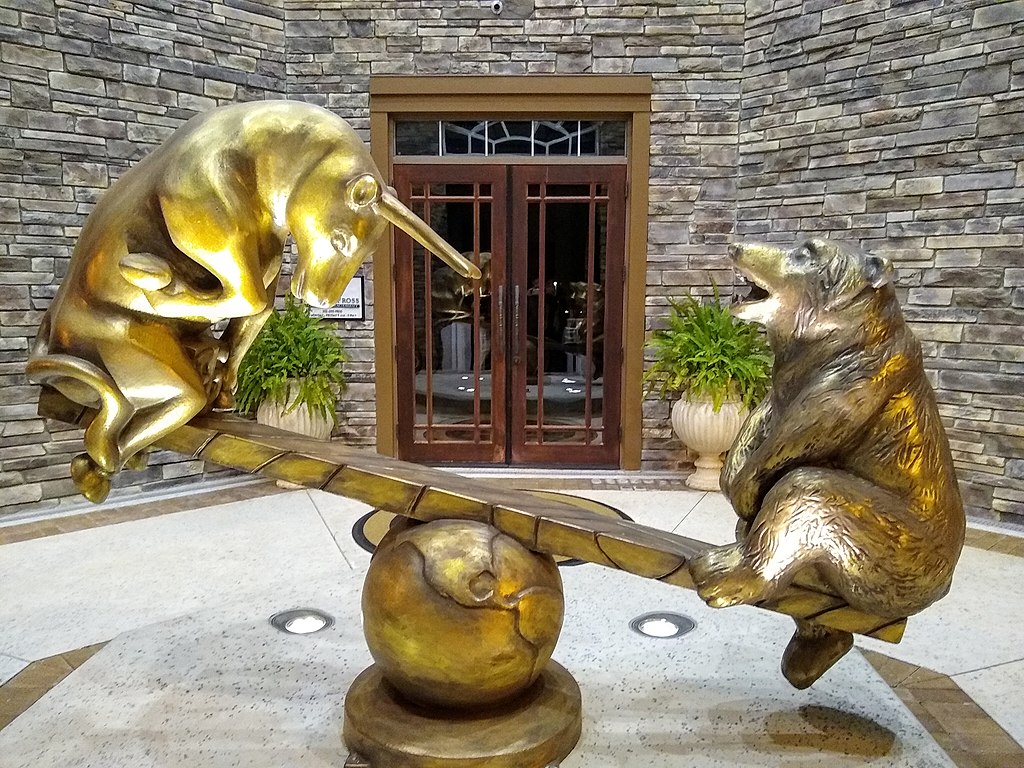Readers of this blog will know that I have never admired Boris Johnson, Britain’s outgoing prime Minister. There are many layers to my dislike. His embrace of Brexit is, of course, a starting point. But his laziness, undermining of trust, indifference to truth and the incoherence of his governing agenda can all be added to this, amongst many other things. He is everything I dislike in a leader. He is not nearly as evil as Vladimir Putin (Mr Johnson was careless with human life in the pandemic, but he did not set out to destroy it in the pursuit of imperialism), and somewhat less evil than Donald Trump (Mr Johnson is not a climate change denier or a racist – and he never quite got as far as wanting to subvert elections) – and there are worse people in British politics, such as Nigel Farage, and one or two of Mr Johnson’s choices for ministers: but nobody worse has made it to British Prime Minister before. And yet a sizeable number of people in Britain regret his passing. This phenomenon needs to be understood.
It is hard to tell how many people remain Johnson supporters. The BBC has taken to the use of vox pop as a journalistic technique – going to different parts of the country to assess how people are reacting to events. As journalism it is quite effective – but as a way of judging what people are really thinking it has little value. The samples of interviewees are not random, and those televised are subject to heavy editing. An opinion poll or focus group it is not. Still the BBC seem to have had little difficulty in finding Boris supporters wherever they go. They seem to be older, middle class and predominantly female (which may reflect who they could find on a high street in office hours…). Some newspapers, like the Daily Mail, think there are enough of them to provide material to bolster their views. But opinion polls and by elections (notably the one in the Tory heartland of Tiverton & Honiton in Devon) demonstrate that Boris supporters are heavily outnumbered by people that share at least some of my views of the man.
All commentators have a tendency to paint caricatures, or archetypes, of types of voter to simplify a complicated picture and provide narrative fluency. I am going to try the the same thing by painting a picture of the sort of person who took to Mr Johnson in 2019, and now feels let down after his ejection from power. It is the lower middle class voter. This person is much despised, by both those from the upper middle classes (like me) and working classes. But they are numerical substantial and often electorally critical. This was clearly understood by Margaret Thatcher and also by Tony Blair – the two most electorally successful politicians of the postwar era – although they used this insight in different ways.
What are the characteristics of this group? Middling educational attainment and a degree of financial security; self-employed in small businesses, or employed in supervisory or middle-management roles. They are important users of universal state services and benefits, and especially the NHS and the state pension – but not targeted interventions to help the more needy. They are anxious to maintain their social status, and worried that their limited financial security could be undermined by inflation, higher taxes or a collapsing property market. There is something of a paradox here: they are quite secure, but their political attitudes are dominated by insecurity. This naturally leads them to conservative views, but not the sort that seeks to cut back universal entitlements. Immigration and ethnic minorities are often a touchstone, though many of them belong to ethnic minorities and have immigrant heritage. They are deeply suspicious of smooth-talking liberal types – but very happy to follow higher class people who seem to share their values. The description “radical” is not rated as a recommendation, as it is for those on the political left.
This, of course, is an oversimplification. There are no hard edges with this group, which includes people who most would regard as working class and upper middle class. Many many who fit the socio-economic description have more liberal attitudes. But the shorthand suits my purpose.
This group was successfully brought on board by the Brexit campaign, though in truth they did not need much convincing. Theresa May saw the group as critical, both to secure heartland Conservative seats in better-off areas, and to switch a lot of Labour seats in the Midlands, north England, and Wales – the “Red Wall”. She failed in 2017, but the strategy was vindicated by Mr Johnson in 2019. Quite how the Red Wall seats switched is open to debate. The normal narrative is that conservative Labour supporters switched. An alternative narrative is that the working class voters stayed at home, giving the opportunity for more motivated middle class voters to carry the day. Another factor was that Mr Johnson did a better job of sweeping in Nigel Farage supporters from fringe parties, such as Ukip, who successfully exploited lower middle class voters.
Mr Johnson has not been universally popular with lower middle class voters since the 2019 election. By and large they were not covid lockdown sceptics, and many were scared of the disease – so the government’s often lacadaisical handling of the pandemic upset many. The misbehaviour of the prime minister’s office during the lockdown will also have been upsetting. On the other hand Mr Johnson has taken care to stay true to these voters – more care than with most things. He has delivered tougher immigration controls. It does not seem to matter that immigration numbers have stayed high – it is clear that tougher controls are inflicting pain on both travellers and businesses – and this shows that the government is serious. The Rwanda deportation scheme was tailor-made to appeal to these voters. Indeed, pretty much all government policies described as “divisive” by government critics are seen by them as their voice being heard for once. They are untroubled by Mr Johnson’s violation of conventions and legalities – which tend to be seen as a conspiracy to keep the liberal elite on top. And unlike Conservative MPs they do not have to live in close proximity to the Prime Minister, so they can be more indulgent of his misbehaviour, and more believing of the lies and denials.
Of course the problem for the Conservatives is that there are not enough Johnson loyalists left. They were never enough of them to win based on their votes alone, and Mr Johnson has badly alienated pretty much everybody else. Mr Johnson’s successor will have the tricky job of reassembling the electoral coalition. But if these lower middle class voters stay at home in numbers, or are tempted to vote for fringe parties again, the Conservative Party stands little chance of winning the next general election. Which is why liberal voters can expect little relief from the new regime.

